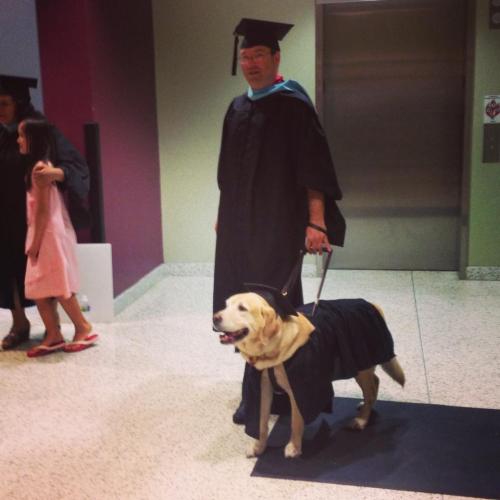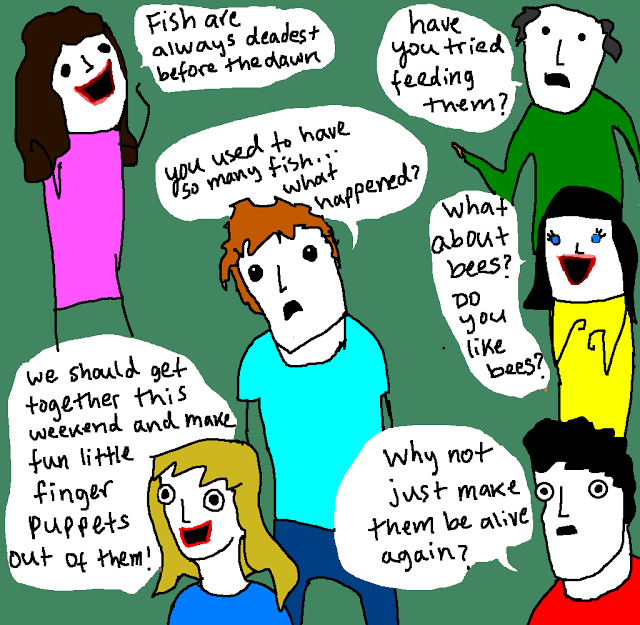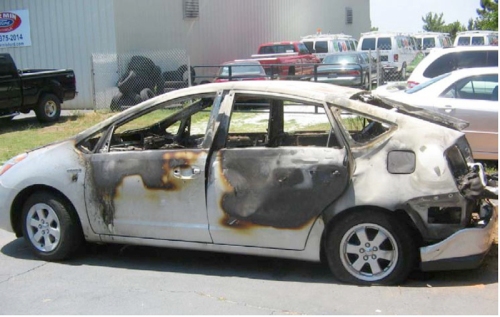Just the Facts:
- News articles on Edmunds.com feature a “Just the Facts” section that typically repeats the information in the first few sentences of the story.
- This is stupid.
- For this exercise in stupidity, and the commitment to keep it up for over a year, I have awarded Edmonds.com the Memoirs of a SLACer Award for Unnecessarily Dumbing Things Down.
Quite a while ago (over a year, as far as I can tell, which is forever in internet time), Edmunds.com adopted a new format for its articles about car news. The “car news” section should not be confused with their car reviews or long-term road tests, where various editors comment on a car over the course of a year, both of which are written in a different style. Articles in Edmunds news section are often little more than reworded press releases, which is problematic its own right. Not content to simply feed readers language crafted by the PR representatives of automakers, however, Edmunds also includes a section at the top of their articles labeled “Just the Facts” with a summary of the key points and a section at the bottom labeled “Edmunds says” where they editorialize about the content with a one-line statement.
The problem with this approach can be seen in a recent story about the possibility that Tesla Motors will repay its government loan this week (which, I admit, is based on a tweet, not a press release). I have linked to the story in the previous sentence but you should only click on the link if you want to see a picture of Tesla’s Model S electric car, which is admittedly very nice looking, because the article is so short that I will include the whole thing here (and here’s a direct link to the picture of the car!):
Just the Facts:
- In yet another milestone for the electric start-up, Tesla Motors CEO Elon Musk said the company may repay its U.S. Department of Energy loan as early as Wednesday.
- Musk made the announcement in a Twitter message on Monday.
- Musk also said another announcement about its Supercharger network would be coming next week.
PALO ALTO, California — In yet another milestone for the electric start-up, Tesla Motors CEO Elon Musk said the company may repay its U.S. Department of Energy loan as early as Wednesday.
Musk made the announcement in a Twitter message on Monday.
Musk also said another announcement about its Supercharger network would be coming next week.
“Given govt loan repayment this week (prob Wed), Supercharger update will be next week,” Musk tweeted. “Work continuing independent of announcement.”
Musk’s tweets include official company announcements and what essentially are personal journal postings.
He also recently posted: “Petting zoo left a chicken behind at the park. Now we have a pet chicken.”
Tesla has been on a winning streak as of late. Last week, the automaker said it would use $452.4 million from a bond and stock offering to repay the balance of the federal loan with interest. The loan helped to cover the cost of building the Tesla Model S.
Edmunds says: Tesla is on the brink of a major moment in its history.
You may notice from the story itself is short – 157 total words. You may also notice that the “Just the Facts” section is simply the first three lines of the story. The facts then, included at the beginning of a very short story (as journalists have a tendency of doing) are apparently some sort of summary for people who have been watching cable news all day and cannot understand anything that is not preceded by a bullet point. The “facts” themselves are 55 words, or over a third of the entire article!
For its efforts in this area, I hereby award Edmonds.com the Memoirs of a SLACer Award for Unnecessarily Dumbing Things Down. Congratulations, Edmunds!
John says: When visiting Edmunds.com, stick to the reviews and long-term road tests. Get your car news from a source that doesn’t think you’re a complete idiot.
Read Full Post »
 Although this dog reportedly sat through all of its owner’s classes as a service dog, simply being in the room does not mean that you are participating (or learning). Also, I wonder how this dog’s degree made the other honorary degree recipients feel!
Although this dog reportedly sat through all of its owner’s classes as a service dog, simply being in the room does not mean that you are participating (or learning). Also, I wonder how this dog’s degree made the other honorary degree recipients feel!









